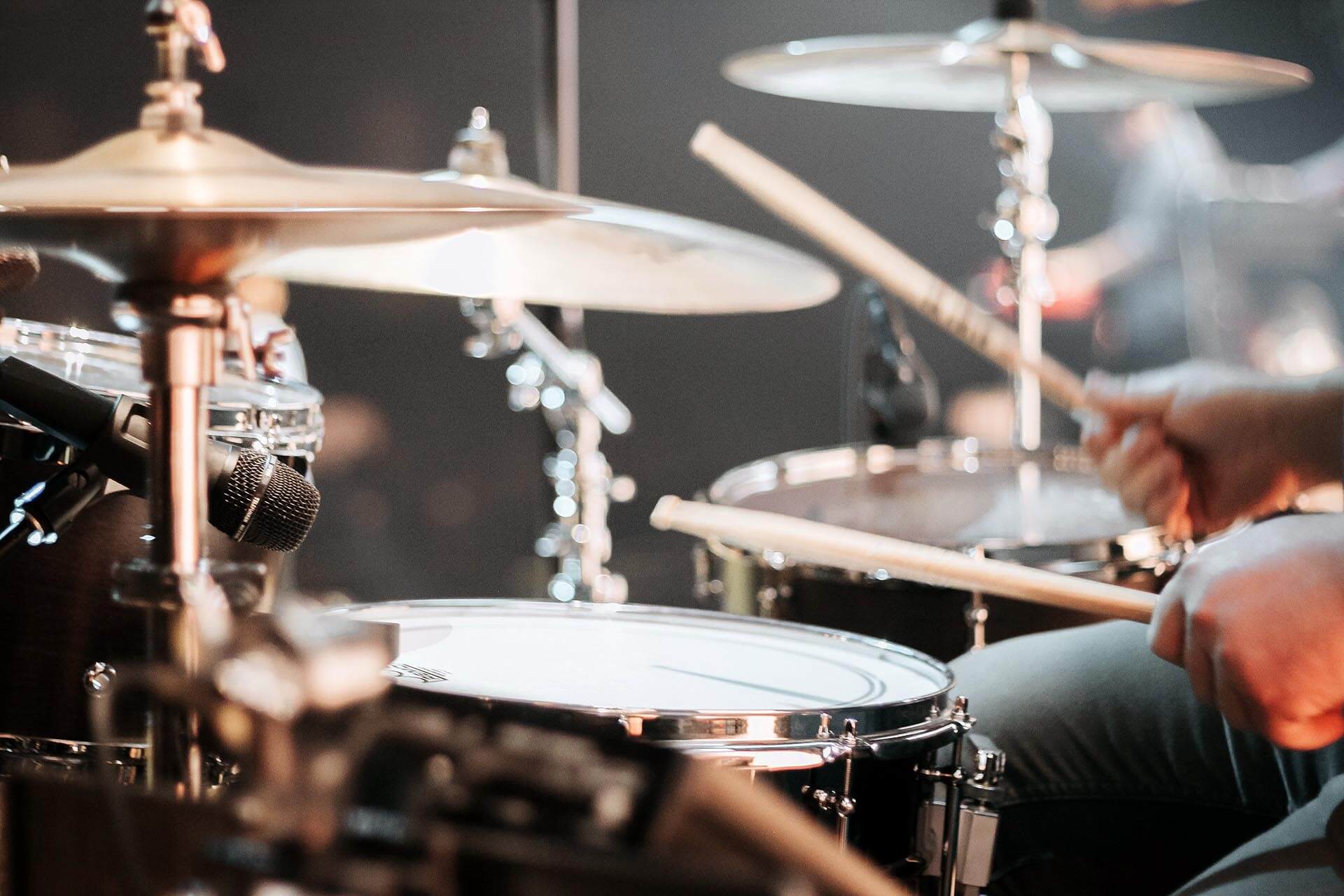If you’ve ever attended a concert, you may recall a struggle to hear, or the ringing sensation in your ears on the way home. It was most likely only for a few hours and didn’t disturb you much. But what if it went on forever?
Table of Contents
- How Much Noise Do Musicians Have to Deal With?
- Hearing Loss Among Professional Musicians: Music Venues
- Musicians Experiencing Hearing Loss
- What About Those Who Work in the Music Industry?
- What Makes Musicians More Susceptible to Noise-induced Hearing Loss?
- Hearing Loss Among Professional Musicians: Compensation Program
- Sources
How Much Noise Do Musicians Have to Deal With?
There are various reasons why musicians should be worried about sound exposure and its impact on their hearing. To begin with, compared to other employees, musicians’ working hours are frequently extremely diverse, especially during concert weeks.
Musicians also spend a variety of time practicing, performing alone and in groups, and listening to other people’s music. According to one review paper (Palin 1994), classical musicians perform an average of 25 hours per week, however, this varies greatly from week to week and from person to person.
Hearing Loss Among Professional Musicians: Music Venues
As you might expect, sound levels at a venue are determined by a variety of factors, including the style of music being performed, the number of performers present, the instruments used, amplification, and the venue’s design.
In the early 1930s, the first thorough measurements of sound levels produced by musical instruments were published (Lebo and Oliphant 1968). Sound measurements have been reported in several review papers, but one conclusion is clear: rock, pop, jazz, and symphonic music ALL HAVE the potential to create sound levels much over the limit of 85 dBA.
Average sound levels are frequently higher than the recommended safety limit, and peak levels can be painful to listeners. This raises the question of whether musicians are more vulnerable, and whether musicians are more susceptible to hearing loss as a result of their constant exposure to loud noise.
Rock music is often louder since the arrangements do not have as many calm periods. The average sound level during a rock performance is expected to be between 90 and 105 decibels, with peaks over 150 decibels.
Hearing Loss Among Professional Musicians: Experiencing Hearing Loss
The music business has a distinct dilemma over industrial employees when it comes to work-related hearing loss. Musicians and DJs feel their hearing to be better, as they have been particularly taught to identify subtlety of tone, and their hearing is their job (Axelsson and Lindgren 1981; Early and Horstman 1996).
A musician may have difficulty with a little hearing loss that would not trouble an industrial worker, and, furthermore, regulating musicians’ exposures is different from controlling other sorts of employment.
Many studies, encompassing both classical and pop performers, have revealed similar findings: musicians have worse hearing than one may anticipate for their age, and according to an early study of symphonic players’ hearing at an opera theatre, 42% of participants exhibited hearing loss that was more than predicted for their age.
We have excellent reason to be worried about musicians’ hearing since sound pressure levels (SPL) produced by music can (and often are) much beyond the acceptable 85 dB and as a result of that, there is Tinnitus, a constant ringing in the ears produced by continuous exposure to loud noises (though more common among industrial workers).
What About Those Who Work in the Music Industry?
According to Meyer-Bisch (Meyer-Bisch 1996), a normal dance floor has a sound level of 95-110 dBA, while rock concerts are nearly always between 100 and 115 dBA.
Given that many people work in these establishments and are likely to be exposed to these levels for numerous hours throughout a shift, the risk of various forms of hearing loss is substantial.
What Makes Musicians More Susceptible to Noise-induced Hearing Loss?
In all sorts of artists, there are various risk factors for noise-induced hearing loss (NIHL):
- Playing consistently loud music or music with strong intensity at high frequencies (as in some symphonies). The notion is that being exposed for extended lengths of time increases the likelihood of developing hearing loss.
- Playing “louder” instruments including the bassoon, French horn, trumpet, double bass, flute, and trombone.
- The musician’s position in the orchestra may be a factor, with individuals seated in front of the brass or percussion sections experiencing impaired hearing. Due to the positioning of their instruments, violinists and flutists may be at a greater risk of acquiring poorer hearing loss in their left and right ears, respectively.
Because artists and entertainment workers typically spend a lot of their free time listening to other people’s music, it’s critical that they wear hearing protection to safeguard their ears, if not, they increase their long-term risk of hearing loss. Poor acoustic design of venues, which is especially crucial for rock music, might put performers’ hearing in danger.
Hearing Loss Among Professional Musicians: Compensation Program
The hearing loss workers’ compensation program is available to compensate employees whose hearing has been impaired as a result of noisy work employment. Workplace noise need not “cause” hearing loss. It only needs to contribute to the loss.
Exposure to “noisy employment” for just 90 days may result in a compensable loss. Always feel free to ask Johnson Law Offices about the process, the law, or an individual case. The legal, medical, and audio-metric questions that come into play in a hearing loss workers’ compensation claim can be complicated. The claims require attention to detail mixed with an ability to work well with hearing-impaired retirees and their families, especially spouses, and their hearing health care professionals.
Sources
Contact Us
If you, or anyone you know, worked in noise and suffers from hearing loss, please do not hesitate to contact us.
Contact Us


